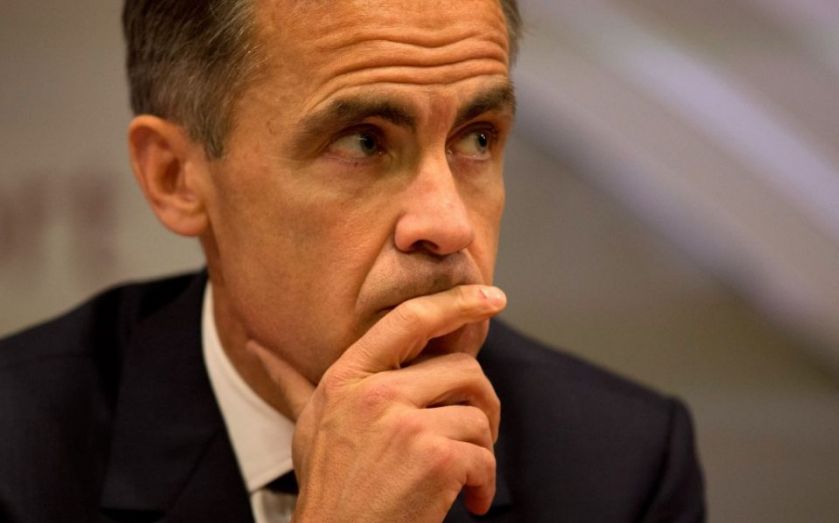Here’s what analysts think about Bank of England governor Mark Carney’s interest rate rise comments

Bank of England governor Mark Carney has dropped a few hints interest rates could rise from their record lows sooner than markets are currently expecting – but yesterday he was unusually clear.
During a speech in Lincoln he said: "In my view, the decision as to when to start such a process of adjustment will likely come into sharper relief around the turn of this year". And this came after he warned the Treasury Select Committee that the time for an interest rate hike was drawing closer.
If Threadneedle Street opts for its first rate hike since the financial crisis then this will be a boon for savers who have seen their returns dwindle after years of record low interest rates. At the same time, borrowers will be left worst off, because it could increase the amount they must pay to service their debt.
Here's what the City thinks about Carney's comments:
Sam Hill, Senior UK economist at Royal Bank of Canada capital markets, suggests rates could rise as early as this November.
"[We maintain our] forecast that the first hike in Bank Rate in the UK will come on 5 November 2015. Wage growth has exceeded the monetary policy committee's expectations and external monetary policy committee members appear to be heading towards a minority dissenting vote in favour of a 25 basis point hike at the August meeting.
Our forecast is dependent upon continued evidence of strong wage growth and could also be threatened if further appreciation of sterling materialises. It is these factors which are set to determine whether or not Carney's vote for a hike "around the turn of this year" becomes "before the turn of this year" although a hike is possible without his vote.
Guy Foster, group head of research at Brewin Dolphin, delivered a three-point takedown of Carney's suggestion.
First, he actually said "In my view, the decision as to when to start such a process of adjustment will likely come into sharper relief around the turn of this year" – which seems to us to more accurately be saying, "we don't know when we'll start raising rates now but, around the turn of the year we might know when we'll start raising rates". If they conclude that they will do so in a few months then that would mean spring, which is of course where the consensus expected lift off date to be anyway.
Second, his efforts at guiding the market before have generally been unhelpful.
Third, we have maintained that the timing of the lift-off date is less important than the speed and ultimate end point for rates.
Tom Stevenson, investment director at Fidelity Personal Investing, pointed out an interest rate hike isn't necessarily bad news for the markets:
Interest rate hikes are usually seen as a negative for financial markets but this need not necessarily be the case. It all depends on the reason why rates are starting to rise. If it reflects a strengthening of the economy rather than fears about inflation, the first rate hike can be associated with rising share prices.
Rate hikes can be accompanied by a rotation from defensive sectors to those linked to economic growth – technology, industrials and consumer discretionary stocks. But investors still need to maintain a balanced portfolio because a slow, shallow trajectory for interest rate rises – which I expect – could mean high-quality, income-paying shares remain attractive for some time to come.
Howard Archer, chief UK and European economist at IHS Global Insight, said he had been left "markedly less confident" in his forecast for a rate hike in February 2016:
For the time being, we are maintaining the view that the Bank of England will lift interest rates from 0.5 per cent to 0.75 per cent in February 2016, but we have become markedly less confident in this call and there is clearly now a very real possibility that the monetary policy committee could act before the end of 2015, most likely in November.